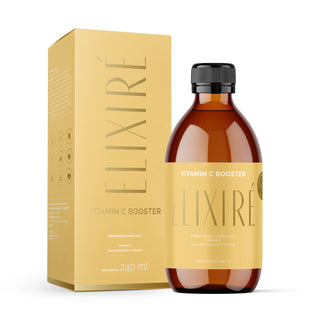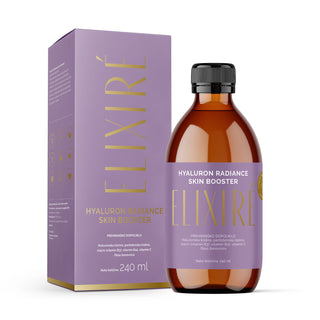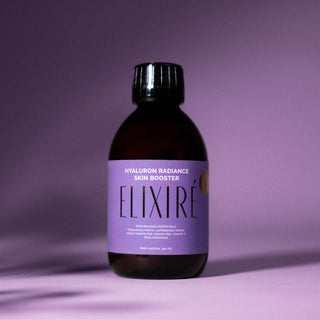Vitamin C is one of the most important vitamins for our health. It plays a key role in supporting the immune system, the formation of
Vitamin C limitations
There are high-dose vitamin C supplements on the market, with proponents claiming that higher doses are needed during times of stress or illness. However, there are two main problems with taking large amounts of vitamin C:
1. Limited absorption: The body can only absorb a limited amount of vitamin C at a time. Studies have shown that vitamin C absorption drops to less than 50% at doses above 1000 mg/day, meaning that higher doses become ineffective. (1*)
2. Digestive problems: Consuming high amounts of vitamin C can cause side effects such as nausea, diarrhea, and other digestive problems. (1*)
Solution: Liposomes
Liposomes are small lipid vesicles made of materials similar to our cell membranes. These structures allow for better absorption and better protection of the active ingredient in the digestive tract.
How do liposomes help solve the above problems?
1. Reducing digestive problems: Vitamin C is water-soluble and attracts water, which can cause dehydration and digestive problems. When vitamin C is encapsulated in liposomes, exposure to the digestive tract is reduced, making it less likely to cause gastrointestinal irritation or other unpleasant symptoms. (2*)
2. Improved absorption: The absorption of vitamin C in the intestine depends on transporters that have a limited capacity, meaning they can be quickly saturated. With liposomal encapsulation, vitamin C passes through intestinal cells without any problems, as liposomes allow passive passage through cell membranes. In addition, liposomes redirect vitamin C into the lymphatic system, allowing it to be transported more quickly into the bloodstream. This increases the amount of vitamin C that the body can directly absorb. (2*)
Benefits of Liposomal Vitamin C
1. Better absorption and greater bioavailability:
2. Lower doses for the same effectiveness: Because liposomal technology allows for better absorption, it is possible to achieve the same or even greater effect with lower doses, reducing the risk of side effects such as diarrhea or nausea. (2*)
3. Protecting the digestive system: The liposomal envelope protects vitamin C from degradation in the digestive tract, which reduces the possibility of irritation of the gastric and intestinal mucosa and allows for better tolerance of high doses of vitamin C. (2*)
Key health benefits
- Immune system support: Vitamin C is known for its role in strengthening the immune system.
LIPOSOMAL Vitamin C enables better functioning of immune cells, which increases resistance to infections and diseases. (1*) - Skin health: Vitamin C promotes the formation
COLLAGEN a, which is essential for healthy, elastic skin. Liposomal form of vitamin C can help improve skin elasticity, reduce the appearance of wrinkles, and slow down the skin aging process. (1*) - Energy boost: Vitamin C is involved in many metabolic processes that release energy from food.Liposomal form of vitamin C helps increase energy levels and reduce tiredness and fatigue. (1*)
Try it out LIPOSOMAL vitamin C
For optimal results and better health, we recommend you try
Literature (*):
- Source: Pharmacokinetics of oral vitamin C (S. Hickey, HJ Roberts, NJ Miller), Journal of Nutritional & Environmental Medicine, September 2008; 17(3): 169–177
- Source:
Liposomal-encapsulated Ascorbic Acid: Influence on Vitamin C Bioavailability and Capacity to Protect Against Ischemia–Reperfusion Injury, (JL Davis, HL Paris, JW Beals, SE Binns, GR Giordano, RL Scalzo, MM Schweder, E. Blair, C. Bell), http://pmc.ncbi.nlm.nih.gov/articles/PMC4915787/
















